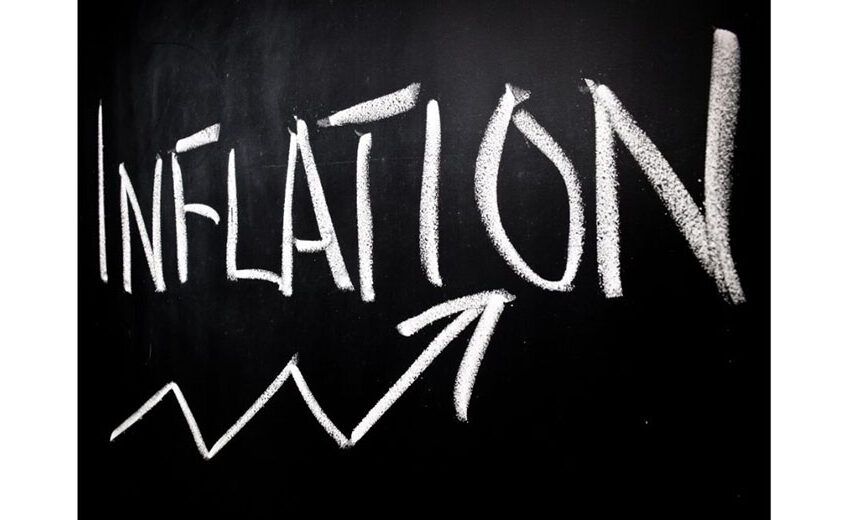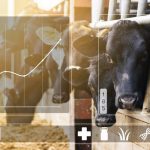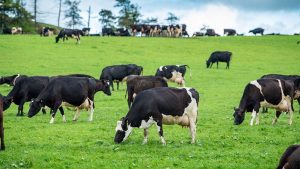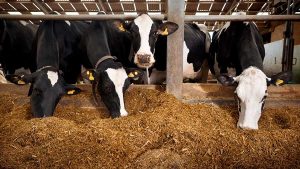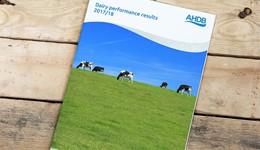
Prices are rising, from primary farm inputs, fuel and labour taking the milk from the farm to the dairy through the processing procedures within the factory, through the processing procedures to packing materials, storage and maturation and transport to the consumer.
That’s the message in a new report from Kite Consulting, which said the inflationary trend comes at a time when supply chain relationships have never been more important: “Retailers and processors need to work more closely than ever with farmers to address the challenges around sustainability, particularly climate change, and success in this area requires long-term relationships built on trust.”
UK dairy production may increasingly be diverted to serving export markets rather than low margin retails and foodservice markets.
The report argues that because of the slim margins across the industry, this inflationary pressure can only be addressed by passing costs on to consumers through a re-basing of “normal” retail prices for milk, cheese and butter. If, for example, inflationary pressure remains within current parameters, the “new normal” bulk butter prices would need to be between £3,975 to £4,200 per tonne rather than the current £3,200 per tonne. The milk cheddar bulk prices would need to be £3,425 to £3,625 per tonne rather than the current £3,000 per tonne.
Cost inflation in UK dairy supply chain
“Liquid milk prices would need to be commensurate with these levels to maintain milk supply. Without this, we believe that milk production will fail and UK dairy production may increasingly be diverted to serving export markets rather than low-margin retails and foodservice markets in the UK,” the report warns.
It recognises that the outlook is not unique to the dairy sector – with similar calls made in recent weeks by poultry companies that food is too cheap. Kite Consulting say there is simply not sufficient profitability in the food sector to absorb the levels of inflationary cost increases currently in play. “If not passed on, we ultimately risk the collapse of the UK food supply chain.”
Commenting on the report last week, the National Farmers Union dairy board chairman, Michael Oakes, said it was difficult for dairy farmers to know what to do.
“I’ve had farmers on the phone to me recently who can’t decide whether they should really be buying fertiliser for £650/tonne for the spring, or whether they should just sell their cows now. These conversations are very worrying and I don’t think the supply chain is aware yet of how serious they are becoming.
“As feed, fertiliser, fuel and labour costs – to name a few – have risen dramatically on farms, the impact on milk production is quite concerning. Since the summer, milk production has dropped to well below last year’s production, and forecasts for the winter are being revised dramatically.”
The better news is that markets are incredibly positive and strong across the globe. Fonterra is now offering record milk prices for their farmers on the back of market demand from Asia, and there have been rises in EU commodity prices across the board. Prices in the UK have started to creep higher, which is mitigating some of the additional on-farm costs.
Oakes said the question from dairy farmers was whether farm gate prices will rise quickly enough to offset the extra costs on-farm. The Kite report predicts breakeven prices of 33-34ppl for next year, so many farmers will be wanting to know if prices in excess of that are heading their way soon.
“The retail and foodservice sector must be under no illusion of the cost inflation in the dairy supply chains that farmers and processors are experiencing, and take action to ensure that these extra costs are recognised,” he added.
